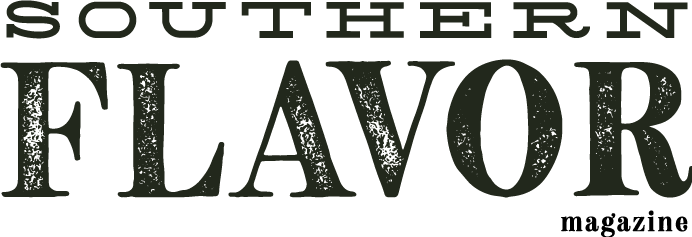Wholly Cow, That Ice Cream Is Good
by Marci Shore
Residents and visitors to the Holy City may not know the name, but they likely know the taste of Wholly Cow ice cream. For 40 years, people have been scooping up the small-batch-created ice cream in some of the Lowcountry’s finest restaurants, hotels, and markets.
“You’ve probably had it served alongside a dessert you had downtown in a restaurant,” said co-owner Jonathan Ruman.
Downtown restaurants that serve Wholly Cow ice creams and sorbets include 82 Queen, The Rarebit, Anson Restau- rant, Magnolias, Slightly North of Broad (SNOB), and Grill 225, amongst others. You may have had a scoop or two at local shops, such as the Pitt Street Pharmacy, Bert’s Market on Folly Beach, and Beaches and Cream on Kiawah Island. Ruman and his “better half” Jodi Tomasina are the third owners of Wholly Cow.
Ruman, an Army veteran and former paratrooper who first visited Charleston when he was stationed at Fort Bragg (now Fort Liber- ty), N.C., is originally from the Dairy State, Wisconsin. The duo moved to the Charleston area in 2014 and purchased the company from its second owners in 2017.
Ruman said he is very hands-on with his team when it comes
to all aspects of the business, including quality control over the hand-churned ingredients to helping manage deliveries. Wholly Cow ice creams and sorbets contain no bovine growth hormones and they focus on keeping the ingredients as natural as possible, without using unnatural additives or preservatives.
He describes the ice cream style as similar to a French-style custard, made with 12 percent butter fat from cow milk and egg yolks.
As far as he knows, the current recipe is very similar to the original one the founders of Wholly Cow, Laurie and Rob Kramer, used in 1984. The company—which opened first on Hilton Head Island, S.C.—had around a dozen stand- alone locations at one time before selling the business
in 2006 to the second owners. The Kramers have been quoted as saying the original “secret” recipe came from “how they used to do it in the old days.”
Ruman was already in the food service industry as a sup- plier to Wholly Cow before purchasing the company from the second owners in 2017.
By the time, Ruman purchased the business, all Wholly Cow storefronts had been closed down, focusing solely on operating as a strictly wholesale business delivering 2.5-gallon containers to scoop shops and restaurants that spanned the Upstate South Carolina to Savannah, Geor- gia and up to Myrtle Beach.
In February 2024, the company introduced Wholly Cow ice cream flavors in pint sizes to some retail stores, pack- aged in fun, brightly colored containers.
“We’ve just gotten started, so we’re just waiting to see how it goes. So far, so good,” so Ruman.
While they’re expanding their business focus from whole- sale to retail, Ruman says he has no immediate desire to go national and is happy being known as a local, Charles- ton artisan ice cream brand.
Despite classics like chocolate, vanilla, and strawberry reigning consistently in the top three ice cream flavors, Wholly Cow aficionados have another resounding three current favorites; one of them is Ruman’s favorite also, Charleston Sea Turtle, a mix of caramel ice cream with Himalayan salt, caramel ribbons, and mini turtles with milk chocolate caramel candies.
Coming in close at second and third respectively is the Killa Vanilla and Southern Pecan Praline using candied Georgia pecans.
The new pint-size ice creams in retail stores are available.



